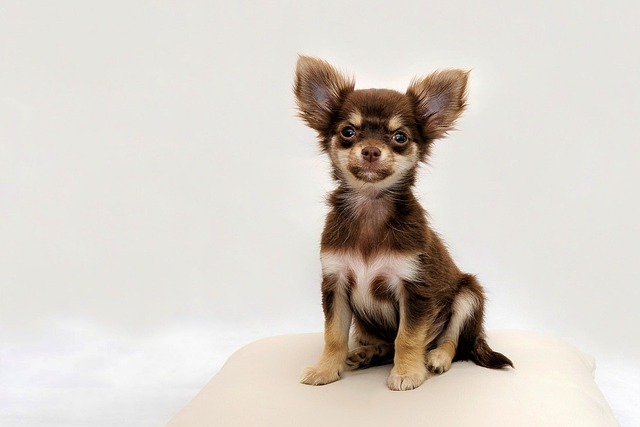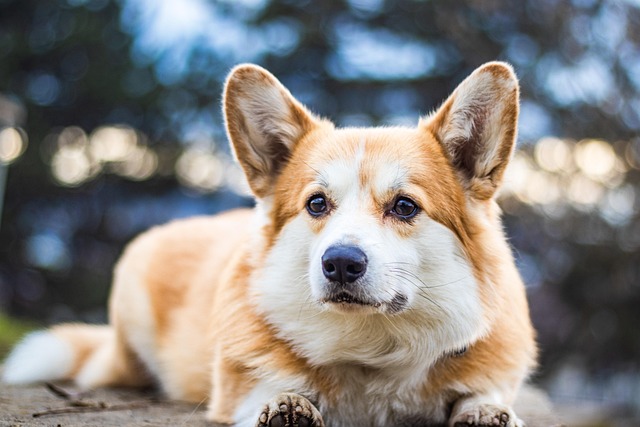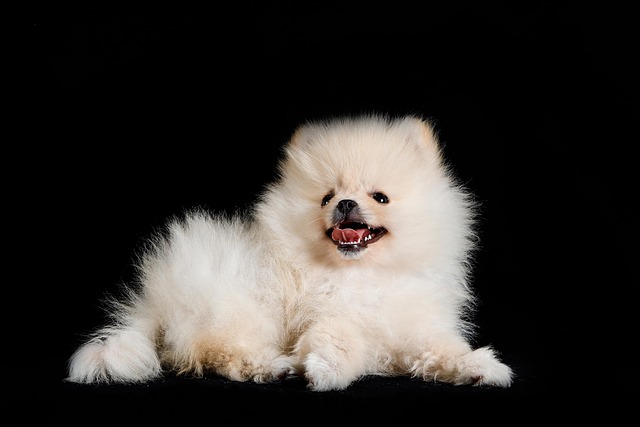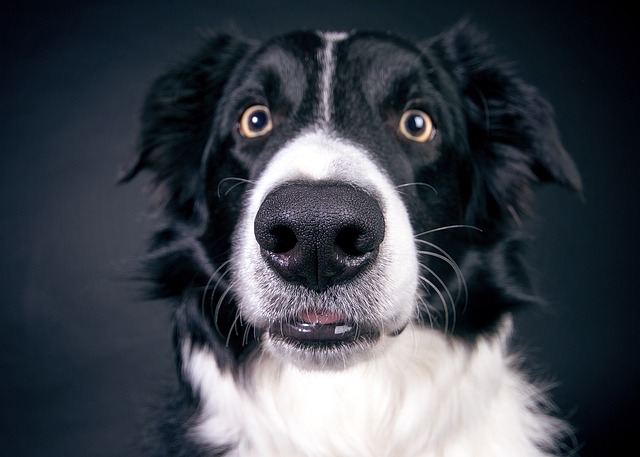
How to test for tetanus in dogs?
Tetanus in dogs often starts with subtle signs most owners miss—like a stiff jaw when grabbing a favorite chew toy or hesitation to climb stairs they once bounded up.
You’ve just brought home a tiny, wriggling ball of fur, and every day is a new adventure. But as you watch your puppy dart from toy to toy, then gulp down water like it’s going out of style, you might wonder: should I let my puppy drink water all day? A friend in Los Angeles once panicked when her new Labrador puppy vomited after drinking too much water too quickly, highlighting just how confusing this issue can be for new pet parents.
Puppies have unique physiological needs when it comes to hydration. Their small bodies are growing rapidly, and they’re often full of boundless energy, which means they burn through fluids fast. Water is essential for nearly every bodily function, from digestion to regulating body temperature. Unlike adult dogs, puppies may not have the self-control to drink in moderation. They might overindulge, leading to problems like bloating or excessive urination. On the other hand, restricting their water intake too much can quickly lead to dehydration, which is equally dangerous. Signs of dehydration in puppies include dry gums, lethargy, and sunken eyes.
The best approach is generally to provide your puppy with access to fresh water throughout the day. Keep a clean water bowl in a spot where they can easily reach it. However, there are some key times when you might want to adjust their water intake. For example, at night, it’s a good idea to gradually reduce their water access a few hours before bedtime. This helps prevent middle-of-the-night potty accidents, especially for younger puppies who are still learning to control their bladders. A Boston terrier owner in New York City found that removing the water bowl two hours before his puppy’s bedtime significantly reduced nighttime messes.

This hydration routine ties into broader aspects of responsible pet ownership. In the U.S., ensuring your puppy’s vaccinations are up-to-date, like rabies shots by four months old as required in many states, is not only the law but also crucial for their health. When it comes to apartment living, place the water bowl on a mat to prevent spills that could damage floors or create slippery hazards. And if your puppy accidentally knocks over the bowl, resist the urge to scold them. Instead, use positive reinforcement, like praising them when they drink calmly from the bowl. This aligns with the animal welfare values in the U.S. and Europe, where gentle training methods are preferred over punishment.
When out on walks, always carry a collapsible water bowl to keep your puppy hydrated, especially on hot days. It’s not only a matter of caring for your pet but also being a considerate member of the community. Leaving a dehydrated puppy panting on a walk can lead to heatstroke, and no one wants to see an animal in distress. Plus, in many public areas, like parks in Chicago, there are regulations against neglecting your pet’s basic needs.
In conclusion, while puppies should have access to water during the day to stay properly hydrated, it’s important to make adjustments as needed, especially around bedtime. By following these guidelines, and keeping in mind the principles of responsible pet care, positive training, and community etiquette, you’ll be well on your way to raising a healthy, happy puppy.

Tetanus in dogs often starts with subtle signs most owners miss—like a stiff jaw when grabbing a favorite chew toy or hesitation to climb stairs they once bounded up.

If you’re a new dog parent in the US—maybe you’re standing in your Ohio apartment’s pet store aisle, holding a bag labeled “senior dog food” while your 8-year-old Dachshund

If you’re a new dog parent to a senior pup in the US—maybe you’re standing in your Florida apartment’s pet food aisle

Pet owners often worry about hidden health risks for their dogs, and toxoplasmosis is one that flies under the radar for many—understanding how dogs pick it up is key to keeping them safe.

If you’re a new dog parent in the US—maybe you’re standing in your Chicago apartment, staring at your 7-month-old Poodle mix, Bella

Tetanus in dogs comes from bacteria entering open wounds—think a deep cut from a rusty fence nail during a walk, or a scraped paw from digging in contaminated soil.